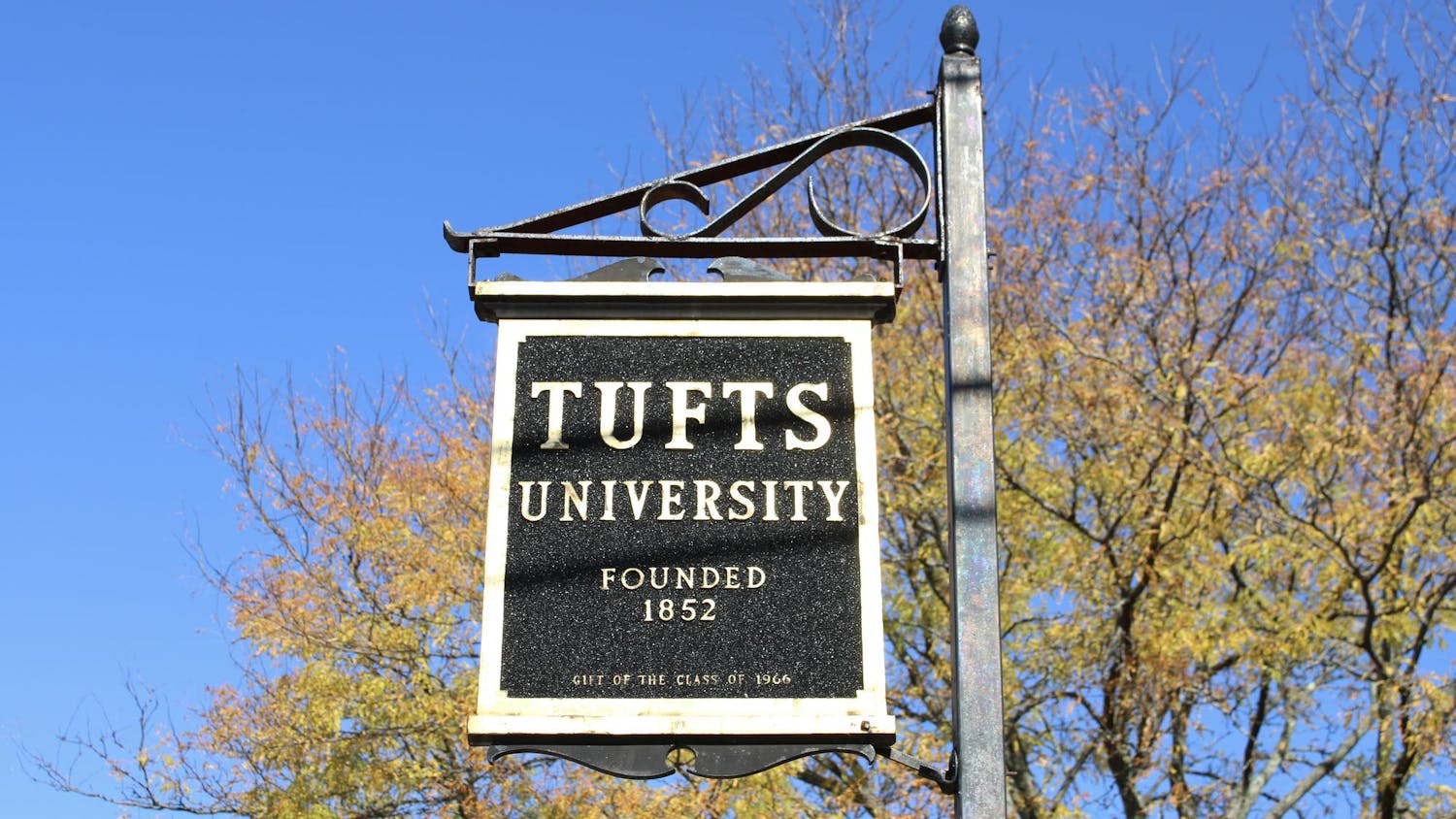As if one bias incident was not enough for the year of 2009, offensive posters plastered around Hill Hall this week by a freshman have ignited yet another storm. The posters, which featured an Asian boy and highlighted certain characteristics, namely his narrow eyes and poor English skills, were reportedly placed in close proximity to those of freshman Tufts Community Union Senate candidate Alice Pang, who is Asian.
There is a twist. The creator of the offensive posters is Asian himself: His name is In-Goo Kwak, and it was his own likeness that was featured on the posters. He created them, he said, not simply to offend but to spark conversation about what he calls Tufts' high level of political correctness. But, considering that the student has not even been on campus for a month
Whatever the student's intentions, the only thing that's certain at this time is that the posters have spawned more hurt and confusion than anything else. The Daily feels that if the student's intentions were to stimulate dialogue, this was absolutely an inappropriate way to do so. His actions show a complete lack of sensitivity to the feelings of others, both inside and outside of the Asian community, and play upon hurtful stereotypes.
If it was debate and dialogue this student was attempting to foster, this mode of shock treatment was entirely antithetical to his goal. It is generally understood that in order to have clear and respectful dialogue, all parties must first feel safe and respected, allowing them the freedom and security necessary to touch on issues like race that are so closely intertwined with an individual's sense of identity. Insecurity is a built-in element of living as a minority in a culture defined through the eyes and by the decisions of a mostly white power structure. To assume that racial inequalities in U.S. society have been righted to such an extent that political correctness is now a greater problem than residual inequality is patently naïve.
By utilizing backward-looking stereotypes attributed to Asian Americans, Kwak removed dialogue-fostering security, causing hurt and offense to students who have either witnessed their peers being judged according to such harsh generalizations or have been victims themselves.
His mode of expressing his discontent with Tufts' culture of political correctness was, likewise, anything but straightforward and communicative
Tufts makes a concerted effort to address the issues of race, religion and sexual identity on campus. Actions like this one undermine the school's effort to create an atmosphere of respect and tolerance so that stereotypes like those that appeared on the poster are not facts of life for its students. Creating dialogue and creating controversy are two separate goals, and while this student may have aimed to create the former, he obviously needs a reminder of how to effectively do so.
--
Correction:
"Concocting Conversation, or Just Controversy?" stated that In-Goo Kwak's image appears on the posters he created. In fact, the image on the posters was taken from a blog and is not of Kwak himself.





